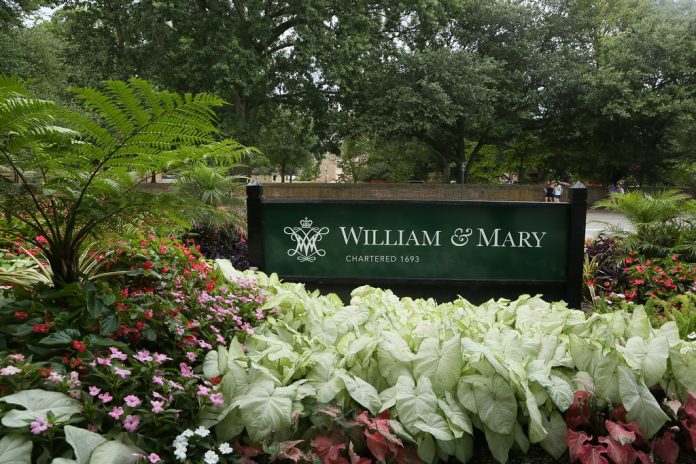As many residents have heard, the Virginia General Assembly recently voted to pass two different bills that would effectively legalize the recreational use of marijuana. This legalization is projected to come into effect in the beginning of 2024, allowing for three years of planning and transition toward this future. The commonwealth has previously decriminalized simple possession, and these new bills seek to build upon that foundation to further normalize the role and importance of marijuana.
The decision to legalize recreational marijuana comes after many years of racial justice attempts, considering Black Virginians are more likely to be arrested and convicted because of marijuana possession and use. Many citizens who now sit in state jails are there simply because of this, in conjecture with racial profiling and police harassment of Black neighborhoods and areas.
Notably, a portion of one of the bills passed addresses the process for expungement of criminal records relating to charges that will become legal under the new law, as well as entire acquittals of crimes. Considering that the commonwealth plans to address and set such a precedent, I am highly curious to see what actions the College of William and Mary plans to take in the next few years about marijuana use and possession on campus, both past and present.
It is no secret that there have been plenty of drug busts in the history of the College, one of the largest being the Spring 2018 Drug Bust. Punishment for drug possession, including marijuana, can range from simple privileges being revoked to complete dismissal and expulsion from the College. The full Policy Notice Regarding Alcohol and Other Drug Use outlines the actions the College may take, but students and staff may still have to answer to local law enforcement as well.
Although sooner would be better than later, the College needs to begin creating its stance and plan for addressing marijuana possession in the next three years. It is unfair to keep students and staff who may have been previously convicted removed and expelled from campus, especially considering that the soon-to-be legal possession of marijuana should not bar someone from higher education.
In light of the College’s recent refusal to take immediate action against the racist names and statues on campus, it is not surprising that they have been so quiet. Drug possession and the sale of all sorts of substances have been linked to disparities between races; those with more societal prejudice on their backs are more likely to both sell and use drugs. As mentioned previously, Black Americans are also more likely to be policed and therefore arrested for these so-called crimes. This is purely because of the prevalent systemic racism in the United States. The administration is most certainly aware of this, and even if they would not like to admit it: if Black Lives Matter, so do Black drug users.
Moving forward, the College must answer this call, and specifically address the marijuana legalization in context of the College. Most importantly, the stubborn administration needs to think long and hard about how they are contributing to racial prejudice as long as they are committed to taking a hard stance against drug possession.
Elaine Godwin ‘22 is an English and Data Science double major. As a queer person, she has a unique view on the world and is dedicated to inclusion for the LGBTQ+ community. Email Elaine at egodwin@email.wm.edu.

